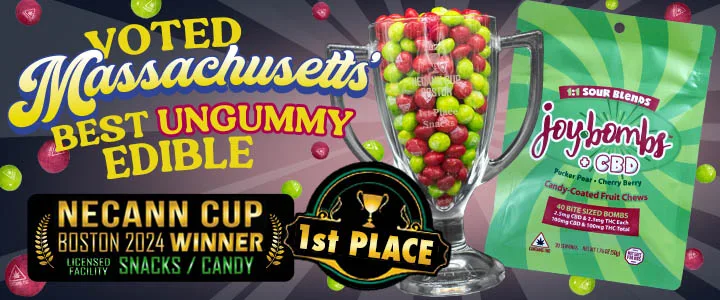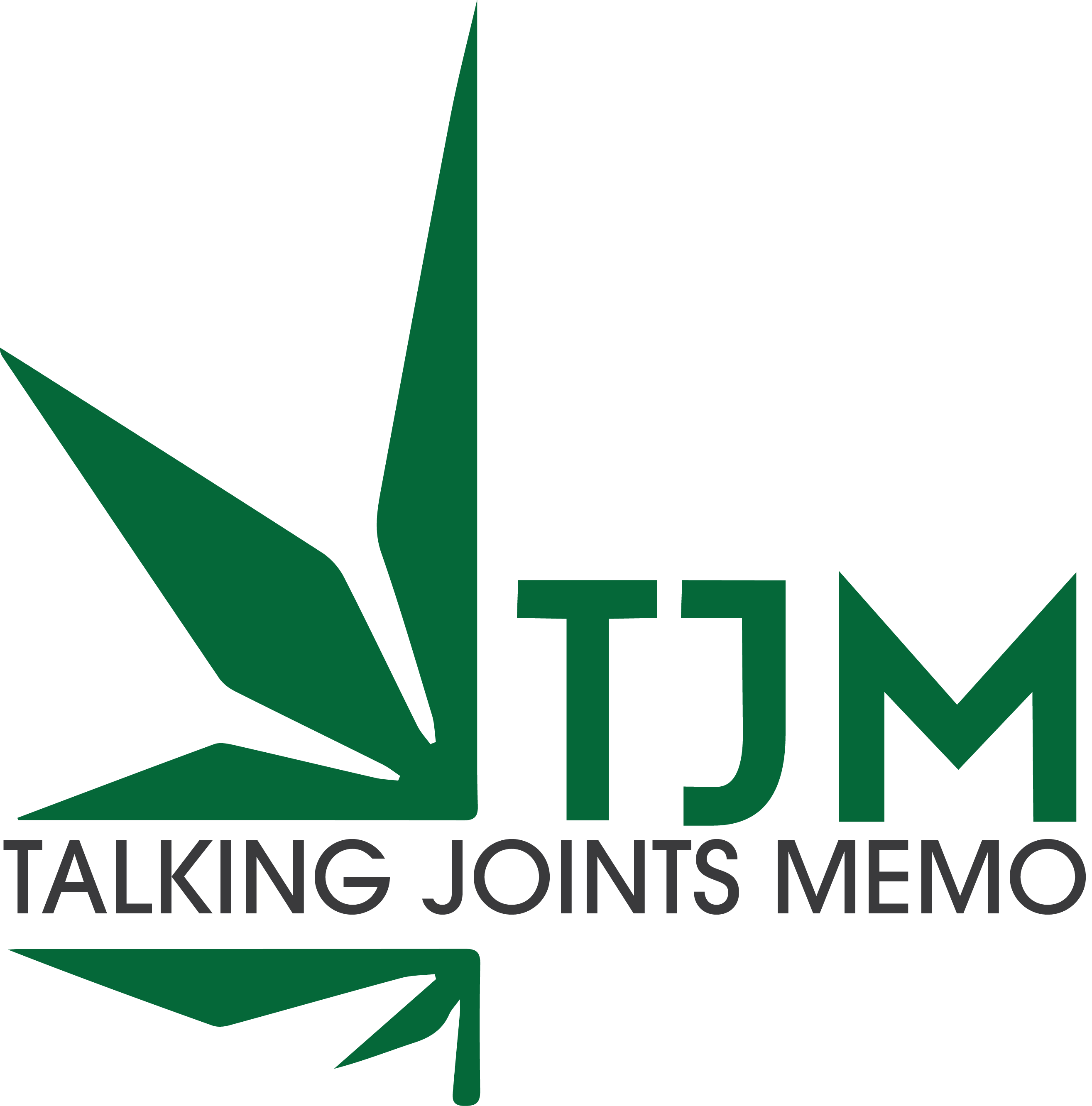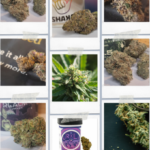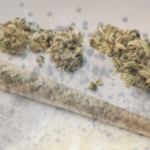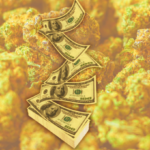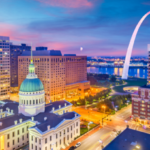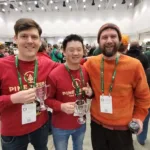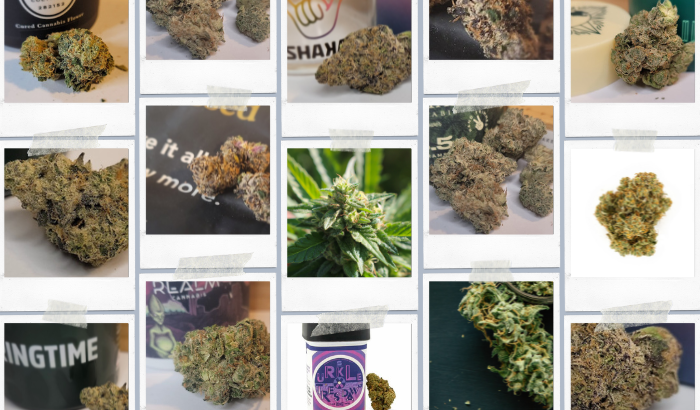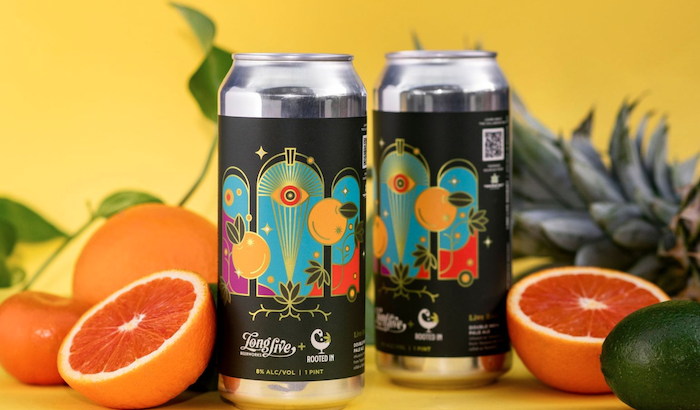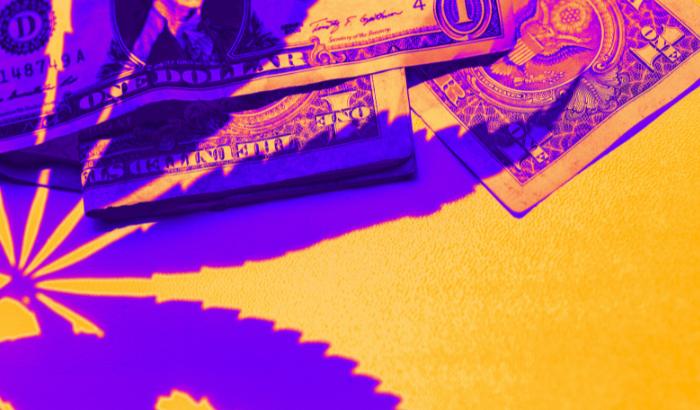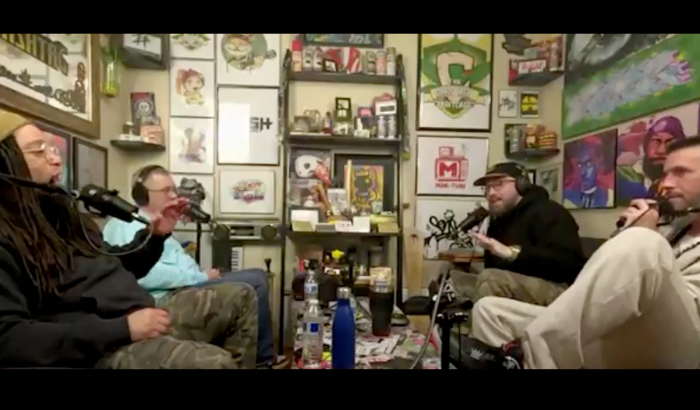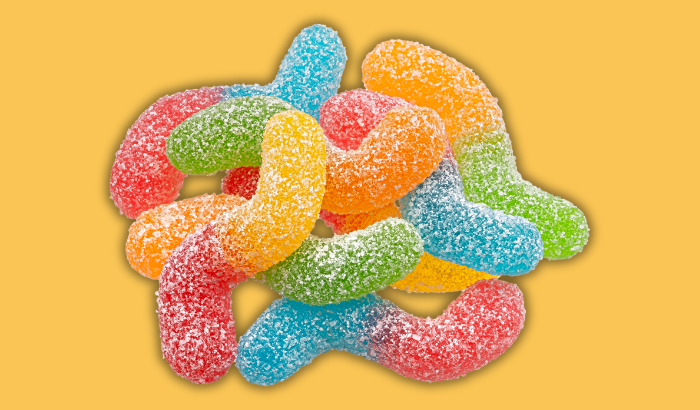
New regulations target “isomers not found naturally in the plant cannabis, but [that] are instead synthetically produced in laboratories”
Freewheeling anti-prohibitionists that we are, we’re rarely able to see positives in anti-drug laws of any type. Even when they seem to make sense on the surface—and especially when they seem good-spirited—they tend to backfire and do the exact opposite of what they’re intended.
Take, for example, the disastrous prohibition on flavored tobacco and vape products in Massachusetts. As we have reported, flavored tobacco and Electronic Nicotine Delivery Systems [ENDS] products have been banned for sale in Mass since 2020, a measure intended to “discourage youth e-cigarette use” that included the banning of menthol smokes. In the three years since, there have been several small and large-scale busts involving colorful liquids and cartridges and Newports smuggled in from places like New Hampshire, while every month or so, there’s a new headline about some bodega or rogue independent distributor getting pinched for slinging neon nicotine juice. (Read more here about the extent of the Commonwealth’s war on flavored tobacco including data on seizures in the booming illicit market and related revenue losses).
But with the accelerating proliferation of significantly strong and sometimes toxic synthetic cannabinoids at gas stations and smoke shops—despite adult-use cannabis dispensaries popping up everywhere—it’s hard to throw shade at cities and towns that are trying to get a grip on the issue. Like in Beverly, for example, where the board of health “passed new regulations in an attempt to crack down on the sale of synthetic cannabinoids and decrease the number of stores that sell tobacco products in the city.”
As the Salem News reports, Beverly, which does allow for cannabis dispensaries, passed new regulations that “prohibit the sale, manufacturing and distribution of synthetic products such as delta-8 and delta-10 and would gradually reduce the cap on the number of businesses than can sell tobacco of any kind, including adult-only tobacco stores.”
The News notes that “the new rules were prompted in part by problems at the Cabot Smoke Shop, whose permit was permanently revoked by the Board of Health last year for illegally selling to customers under 21 and selling illegal flavored tobacco.”
“That has really fueled them to crack down on who can sell tobacco,” Health Director Laura DelleChiaie said. “We don’t want to see any of these synthetic products. … We’re trying to get ahead of the game.”
The regulation defines synthetically derived as “any cannabinoid that is altered by a chemical reaction that changes the molecular structure of any natural cannabinoid derived from the plant Cannabis to another cannabinoid found naturally in the plant Cannabis,” and notes:
delta-8, delta-10, and other forms of THC are isomers of delta-9 and, except for trace amounts, are not found naturally in the plant cannabis, but are instead synthetically produced in laboratories…
the production of synthetic, hemp-derived products like delta-8 is not regulated by the federal government or in Massachusetts because the manufacture, sale or distribution of such products is not permitted under state or federal law …
synthetically produced THC products have not been evaluated or approved by the FDA for safe use in any context because there is variability in manufacturing processes, product labeling and amounts of THC concentrations, in addition to reports of hallucinations, vomiting, tremor, dizziness, anxiety and confusion.
The new rules bring fines of up to $5,000 for multiple violations, and follow crackdowns in other municipalities including Boston, where then-Mayor Marty Walsh banned the use, sale or purchase of “synthetic marijuana” in 2015.


